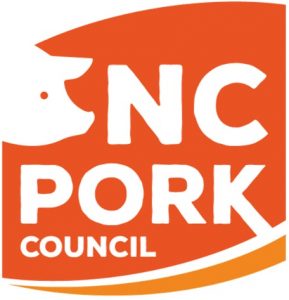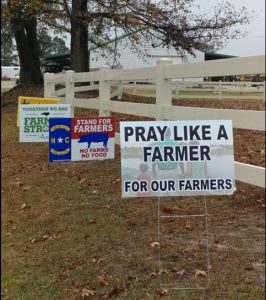This past week, as in previous nuisance trials, there was a moment when the Texas lawyer stood before the jury and attempted with all his might to ignite in them the passions of ancient division: To make these cases about good versus evil.
“This process,” he told the jury right from the beginning of his closing argument, “is about people being able to stand toe-to-toe with the world’s largest hog producer.”
At the end, there was more.
“It’s your turn,” he blared to the jurors, “to take over the case and to fight for what’s right for the people in eastern North Carolina.”
There he was, a big-money lawyer from Texas, seeking millions, asserting to know what’s right for eastern North Carolina.
There he was, claiming that a farm that feeds people, well and responsibly, is an evil.
There he was, asking the jury, with no knowledge of the area where the farm is, to declare that this farm is an evil.
There he was, distorting the farm into some type of far-off “corporate” evil when instead it is six eastern North Carolinians who work on the farm, supporting their families and, as we all well know, supporting far more through the supply chain, from corn and soybean farmers to the hard working employees at processing facilities in Clinton or Tar Heel, in Kinston and Wilson.
This case is about a good farm in Sampson County, where the elected commissioners who are entrusted to fight for what’s right for the people in eastern North Carolina have unanimously adopted a resolution opposing these divisive lawsuits and all they represent.
Indeed, all across eastern North Carolina and beyond, county commissioners and elected town officials have done the same. Elected officials (of both political parties, it must be said) have rendered their verdicts.
So have residents, who live around our farms and know the truth about our farms and who continue to show outpourings of deep support for our industry. We say thank you for that. All who serve in the pork industry aim to honor that support by continuing to operate as stewards with care and concern for our communities. The evidence, if you look, has revealed a commitment to continued improvement that, well, continues.
But even the man who lives across the street from the farm in this case came to Raleigh and told this jury that he is not affected by this farm.
The Texas lawyer two-stepped around that.
“Go back in that jury room,” he implored in his final moment with them, “and make a decision that will cause a change in this community.”
And there he was, the Texas lawyer beseeching a jury to change a community in North Carolina, without apology.
Make no mistake. This is about damaging change.
Let’s hope facts and truth still prevail.
– Andy Curliss, CEO


